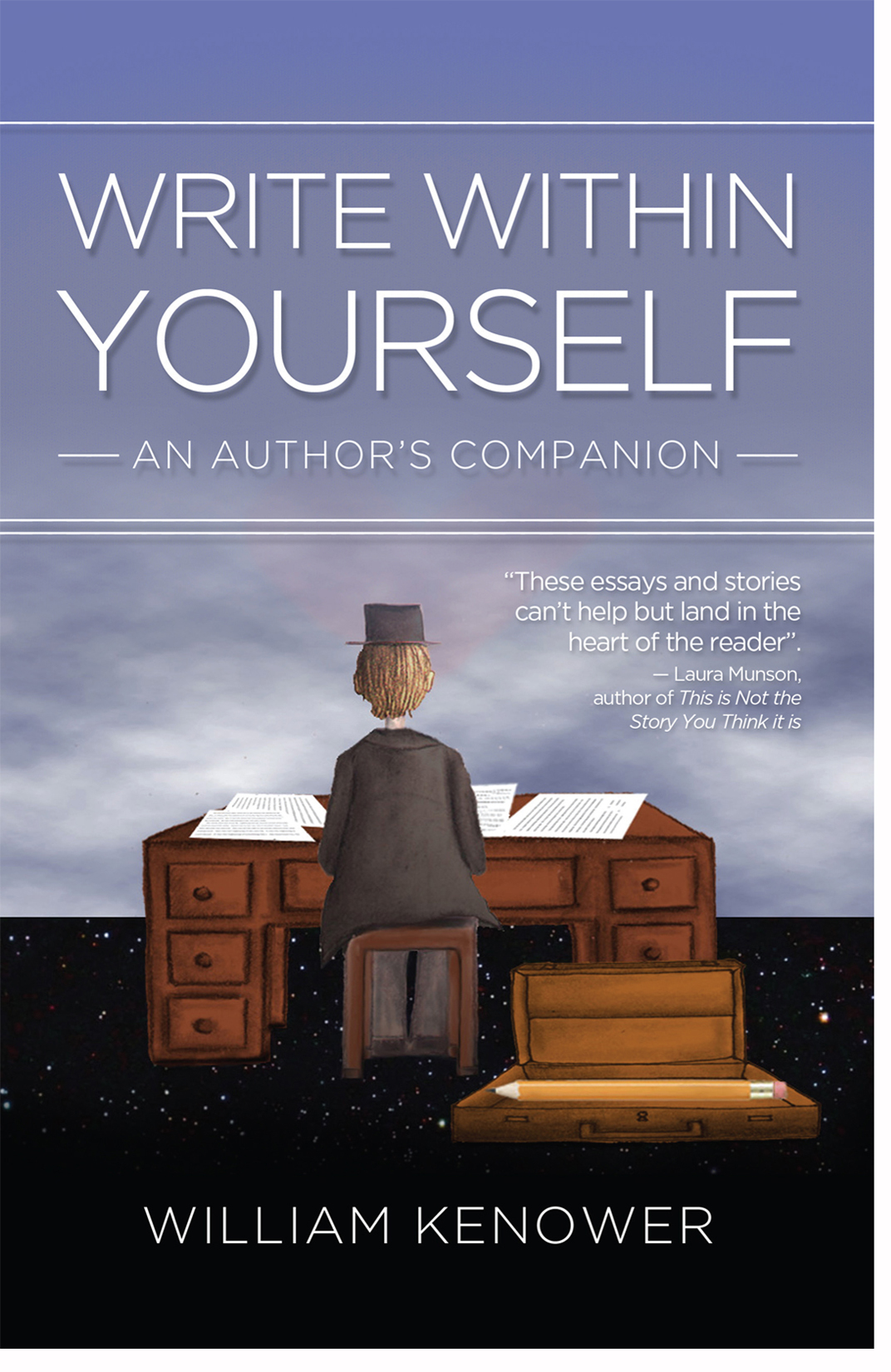Why Every Writer is a Visionary
I have a friend who was deeply involved in education in the early ‘70s. He had started two alternative high schools, and he described to me how, in the months leading up to the first school’s opening, he would lay in bed and picture how the school would look, and which classes would go where, and where the kids would eat lunch and where they’d hang out. He could see it all, he said, as if it were already finished and he was merely retracing in his imagination steps he’d already taken in the physical world. My friend is what I would call a visionary, meaning he had a vision for schools and for education that was different than what a person could see with their eyes at that time. He had been able to see the school long before it existed. In fact, without his vision, the schools would never have been. Yet, as with all new projects, once the schools were created – once the first draft had been written, so to speak – there remained the long journey of seeing them through to their full potential. This required the help of other people, other teachers and bureaucrats and politicians, and this where the trouble started.
Those other people couldn’t yet see what he could see. All they could see was what their eyes showed them, which was something very different than what they were used to seeing and which was not yet expressing its full potential. These other people were dubious and critical and my friend became frustrated and soon left the schools to those other people.
I think of my friend often when I listen to writers talk about their latest idea for a new book. Every writer is a visionary in their own way. Our stories, like my friend’s schools, begin in a place where only we can see them. It is so exciting, it is so life-affirming, to perceive something tangibly before it exists. At such times we are in touch with life’s complete creative potential. It is as if we can perceive, not just the apple tree, but also all the apples it will produce.
The problem are all those other people who can’t yet see the apples we can see, those other people with whom we would very much like to share the fruits of our vision. It is easy to become frustrated and depressed when those other people say, whether in critique groups or rejection letters, that they cannot see what we can see. In fact, some of them might even suggest that what we see does not actually exist, that our story’s value isn’t real, that it’s “all in our imagination.”
How right they are. The profound frustration I often felt when people could not see what I believed I was showing them was merely my own fear that what I had believed was real, was not. If I could not believe in what my imagination showed me, how could I do what I loved to do? It took me a very long time, but I eventually learned that writing’s true pleasure was not just the vision, but the practice of translating that vision so other people could perceive it. That translation required my complete belief despite other people’s doubt, which was just their way of saying, “I can’t see it . . . I can’t see it . . . Now I can see it!”
I still feel a little sigh of relief when readers tell me they can see what I was trying to show them. This relief passes quickly, however. Soon enough, I return to my natural state, the constant in and out of imagining and translating. To doubt my own imagination is to doubt life’s full creative potential, to doubt the summer’s harvest, simply because my eyes behold an apple tree’s barren limbs in winter.
Write Within Yourself: An Author's Companion.
"A book to keep nearby whenever your writer's spirit needs feeding." Deb Caletti.
You can find William at: williamkenower.com


